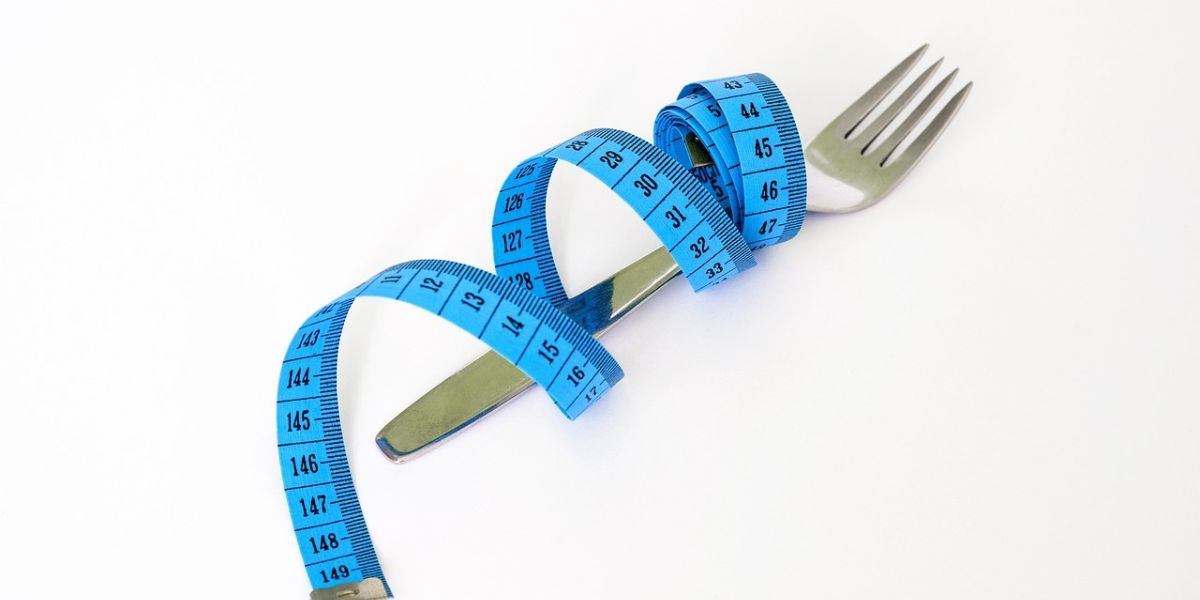Kapanlagi.com - After a month of fasting during Ramadan, many people find that their weight has changed, whether it has decreased or increased. During Ramadan, our eating patterns and activities undergo significant changes, which often affect the body's metabolism. Therefore, maintaining ideal weight after Ramadan can be a unique challenge. It is crucial to have the right strategies to keep the body healthy and fit.
Once Ramadan is over, our bodies begin to readjust to normal eating patterns. If not managed well, this can trigger weight gain. Habits such as overeating during iftar and a lack of physical activity can continue after Ramadan, potentially leading to rapid weight gain. Additionally, changes in metabolism during fasting also affect how the body absorbs and stores nutrients.
Maintaining ideal weight is not just about appearance, but it is also important for long-term health. Implementing a balanced diet, exercising regularly, and leading a healthy lifestyle must be done consistently to keep weight stable. With the right approach, we can transition from the eating patterns during Ramadan to everyday eating in a healthier and more sustainable way.
1. Common Causes of Weight Gain and Loss During Ramadan Fasting
During the month of Ramadan, many people experience varying changes in weight, whether it is an increase or decrease. These changes are influenced by various factors, including diet, physical activity, and how the body responds to changes in eating and resting schedules. Here are some common reasons why weight can increase or decrease during Ramadan:
Reasons for Weight Gain:
1. Excess Calorie Intake During Iftar
After a day of fasting, many people tend to eat large portions during iftar. Foods high in sugar, fat, and carbohydrates often become favorite choices, which can lead to excess calories and ultimately result in weight gain.
2. Lack of Physical Activity
During Ramadan, many people reduce physical activity because they feel weak or want to conserve energy. The lack of body movement results in the calories consumed not being burned effectively and eventually being stored as fat.
3. Changed Sleep Patterns
Irregular or insufficient sleep can affect hormones that regulate hunger and satiety. Lack of sleep can increase appetite, especially for high-calorie foods, leading to weight gain.
4. Consumption of High Sugar and Fat Foods
Traditional breaking-the-fast foods like fried snacks, kolak, or sweet drinks can significantly increase sugar and fat intake. If consumed without control, this can lead to rapid weight gain.
Reasons for Weight Loss:
1. Decreased Caloric Intake
Some people actually experience a decrease in appetite during fasting, causing their daily calorie consumption to be lower than usual. If this condition continues, the body will start burning fat reserves as an energy source, leading to weight loss.
2. Increased Fat Burning
During fasting, the body enters a state of ketosis, where fat is used as the primary energy source due to reduced carbohydrate intake. This can lead to weight loss, especially if someone remains active during Ramadan.
3.Dehydration
A lack of fluid intake during fasting can make weight appear to drop because the body loses water. However, this condition is temporary and weight can return to normal once fluid intake is restored.
4.Increased Worship and Physical Activity
Some people remain active during Ramadan by engaging in worship activities such as tarawih or light exercise. These additional activities can help burn more calories and lead to weight loss.
2. 7 Ways to Maintain Ideal Weight After Ramadan Fasting
After the month of Ramadan, many people face the challenge of maintaining their ideal weight. Maintaining health and fitness requires a balanced diet and lifestyle. Here are seven effective strategies that can help you maintain your ideal weight after Ramadan:
1.Return to a Balanced Diet
After following a different eating pattern for a month, it is important to return to a balanced diet by paying attention to your intake of protein, fiber, healthy fats, and complex carbohydrates. Avoid overeating and ensure that every meal you consume contains adequate nutrients to support the body's metabolism.
2.Control Portion Sizes
During Ramadan, the body becomes accustomed to a limited eating pattern, so afterward, there is a tendency to eat larger portions. To prevent weight gain, it is important to control food portions and avoid overeating, especially during iftar or family gatherings.
3. Avoid Foods High in Sugar and Fat
After Ramadan, many people still consume sweet and high-fat foods that are often encountered during iftar. These foods can lead to weight gain if not controlled. Replace them with healthier options like fruits, nuts, and naturally processed foods.
4. Stay Active with Regular Exercise
Lack of physical activity during Ramadan needs to be compensated with a consistent exercise routine. Engage in physical activities such as jogging, cycling, yoga, or strength training to keep the body fit and metabolism optimal. Light exercise regularly can also help burn excess calories.
5. Maintain Sufficient Sleep Patterns
During Ramadan, sleep patterns often change due to sahur and night worship. After that, it is important to restore a sufficient and quality sleep schedule so that the body can function well. Adequate sleep also helps control hormones that play a role in regulating appetite.
6. Increase Water Intake
After Ramadan, maintaining hydration is very important to support metabolism and control hunger. Drink enough water every day, especially before meals, to keep the body hydrated and able to distinguish between thirst and hunger, thus avoiding excessive calorie consumption.
7. Continue Good Habits from Ramadan
Some healthy habits during Ramadan, such as regulating meal times, avoiding overeating, and observing sunnah fasting, can be continued to maintain an ideal weight. Sunnah fasting like Monday-Thursday or the David fast can also be an effective way to maintain weight balance and provide other health benefits.
By consistently applying these healthy habits, you can maintain an ideal weight after Ramadan, while also improving health and fitness in the long term.
(kpl/mni)
Disclaimer: This translation from Bahasa Indonesia to English has been generated by Artificial Intelligence.












